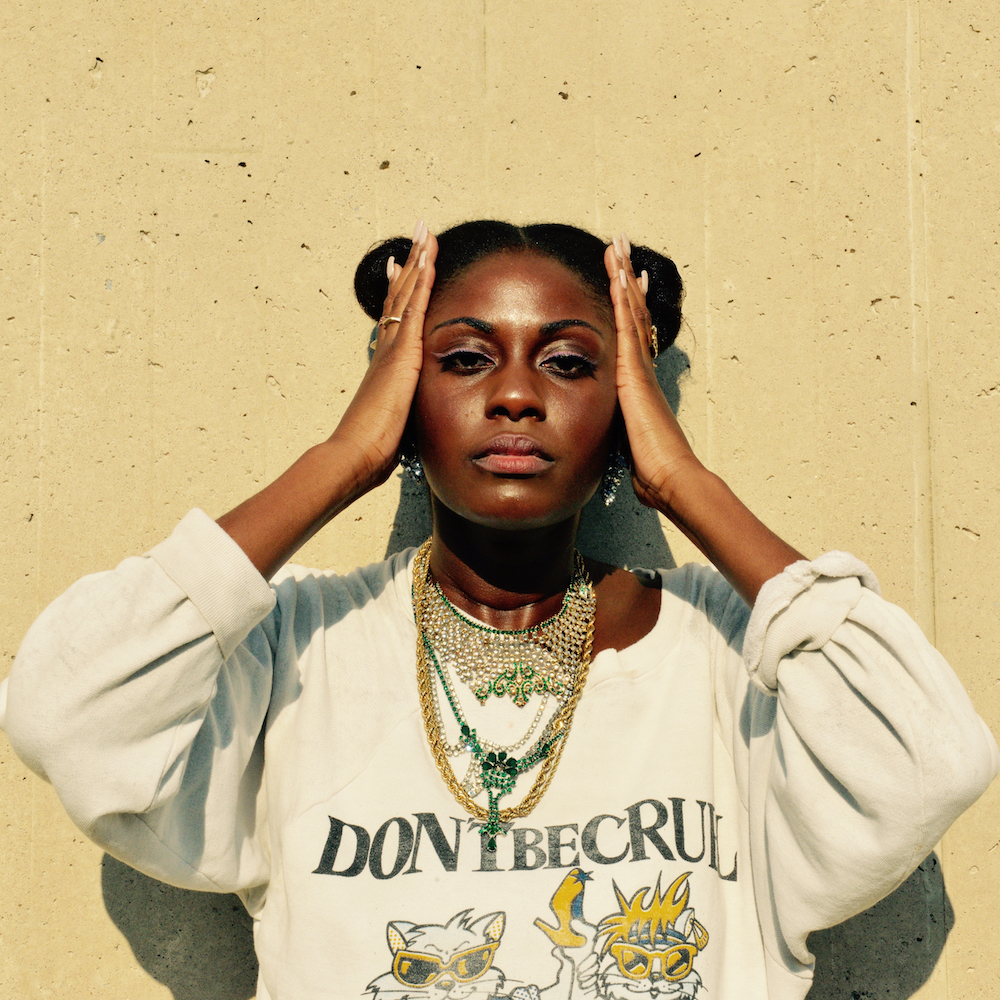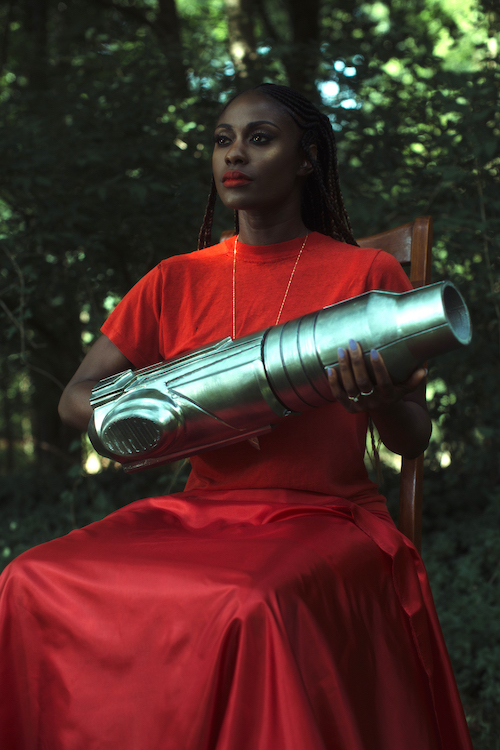My research asks community organizers to think critically about how they define terms like “accessibility,” “professional,” and “community” in creating safe spaces for underserved communities to express themselves and learn important technical skills. There is a danger in positing that a community studio is inherently a social good and universally accessible, when in fact the ways a studio space is structured, its rules of use, and the engineering philosophies maintained by those who operate it strongly define what kinds of artists can enter the studio, what kind of music is produced, and ultimately what kind of community is prioritized. Even if it may seem obvious that recording studios would find civic support as sites for producing positive social change, it is worth interrogating the basis of the notion that simply providing access to a studio (and education about how to use its tools) can offer a substantive intervention into the social inequality experienced by the most vulnerable populations of our society.
Community recording studios range broadly from nonprofit to private and even commercial organizations. What practices or approaches make these venues distinct from other recording studios?
I define community studios as fixed or mobile studio sites that provide underserved or “at-risk” communities and new recording artists with access to professional music recording equipment, services, and education. In my research the sites I typically encountered were studios that focused on providing such services to either low-income black and Latinx youth, or women and girls from all socioeconomic levels and racial backgrounds; although I did occasionally find sites like The Hive, an all-ages volunteer-run studio in Boise, Idaho that prioritizes mental health and sobriety as a central part of its mission.
What makes community studios unique is their commitment to upholding particular social justice ideals. The websites, marketing materials, grant proposals, and programming I have observed across community studios tend to focus on keeping kids “productive” and “out of trouble” (particularly in regard to poor black and brown youth), teaching them “entrepreneurial” skills, and addressing the so-called “digital divide.” Community studios introduce cutting edge hardware and software as well as STEM (science, technology, engineering, and math) concepts like coding and open source. Women’s Audio Mission, based in San Francisco, seeks to create a pipeline to push women and girls into positions as audio professionals.
The educational component of these spaces often takes the form of tutorials, skillshares, or classes about specific technical skills like beat-making and mixing, but it is also sometimes infused with teachings about the histories of different musical forms of expression, as was the case with the community studio I first visited in my hometown of Ithaca, NY. The engineers who work in these kinds of studios often provide mixing and mastering services to their communities at reduced rates while serving as instructors, program coordinators, and in some cases caretakers for young children, if the space requires it. One site that I visited in Pittsburgh offered free childcare services to studio-users through a local collective to ensure that artists at any stage of life could access the space.
How does your training in Science and Technology Studies enrich the study and sociology of music?
Technologies are both material artifacts and forms of human activity. A meaningful cultural exploration of technological artifacts and apparatuses should therefore operate largely at the level of practice. My training in science and technology studies (STS) has enabled me to think about “musicking”—the activity of making music—in terms of how social and technical practices are intertwined in what we hear as our soundscape. It is virtually impossible to understand modern musicking without deeply engaging the technology that renders it audible and reproducible. My research is primarily concerned with the ways in which community-studio actors write, record, and produce music—their artistic and technical practices—as well as how they share knowledge and ideas about these practices. Thinking about how technology reflects and produces social norms has enabled me to tell a rich story about community-studio life by building connections between the particular technical interventions used by community-studio sound engineers, the mixing styles requested by the artists and broader shifts in the content and sound of contemporary music, and the ways these shifts reflect changes and continuities in our understandings of race and gender (among other categories of difference).
There is also a close association between STS and sound studies, an interdisciplinary field that considers the material and cultural histories of sonic concepts like sound, music, listening, hearing, noise, and silence. While sound studies has benefited greatly from the foundational work of musicology and ethnomusicology, I have been able to draw on some of the conceptual frames offered by STS scholars in sound studies like Thomas Porcello and Owen Marshall who examine music making through the boundaries that emerge between different forms of knowledge in a studio, like the lines between the technical and the aesthetic, the expert and the amateur, the material and the theoretical. In turn, my work has focused largely on similar kinds of boundaries in spaces like community studios, which often sit uncomfortably at the intersections of white-collar informed commercial studio work, and the anti-establishment ideals central to community organizing.
You also work as a producer and rapper under the stage name of Sammus. Are these different personas? How does your work as an artist inform your research and teaching in the humanities?
The only space in which I have deliberately tried to keep my personas separate is in regard to how I label my professional output. I present my academic writing as Enongo Lumumba-Kasongo and I release and perform music as Sammus. That said, my recent foray into the music department at Brown has put this separation into question. Much of my music engages with social theory, but it was not until entering a music department that I began to consider my creative work also as a form of public scholarship.
In the most practical sense my persona as Sammus has played an integral role in my academic work by affording me access to the sites of my dissertation research. Since I began releasing music in 2010 and touring nationally in 2014 I have cultivated a network of artists, community organizers, studio owners, scenesters, and sound engineers, many of whom have become good friends and worked with me in some professional capacity to organize shows, record a song or an album, or collaborate on a piece of music. This network became invaluable as I set about pursuing my research. I learned about each of my primary research sites through friends and fellow musicians whom I met at shows. For example, I was given access to a community studio in Goma in the Democratic Republic of Congo in exchange for leading a beat-making workshop at their annual arts festival.

